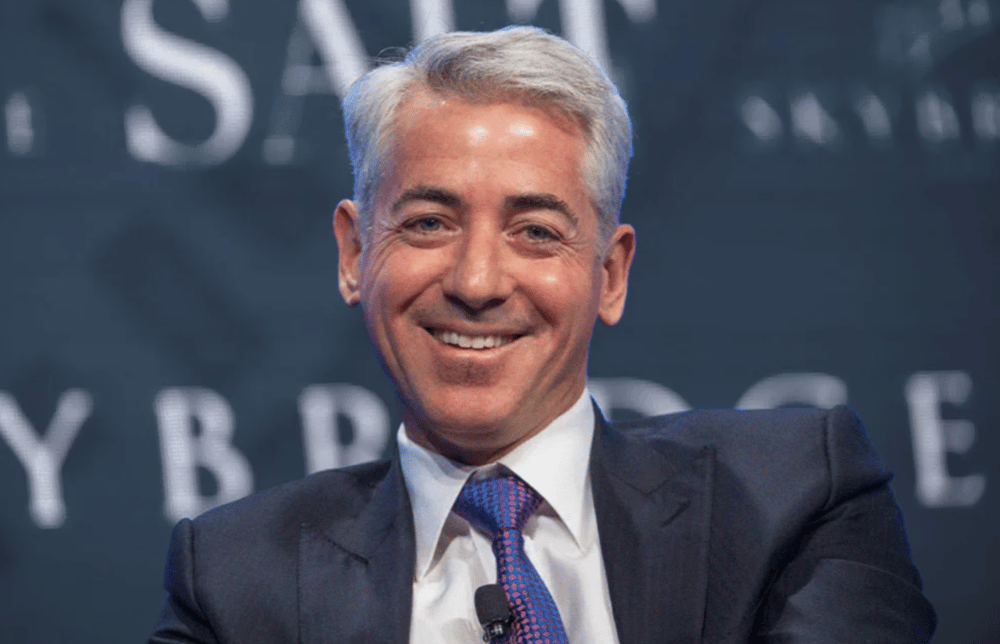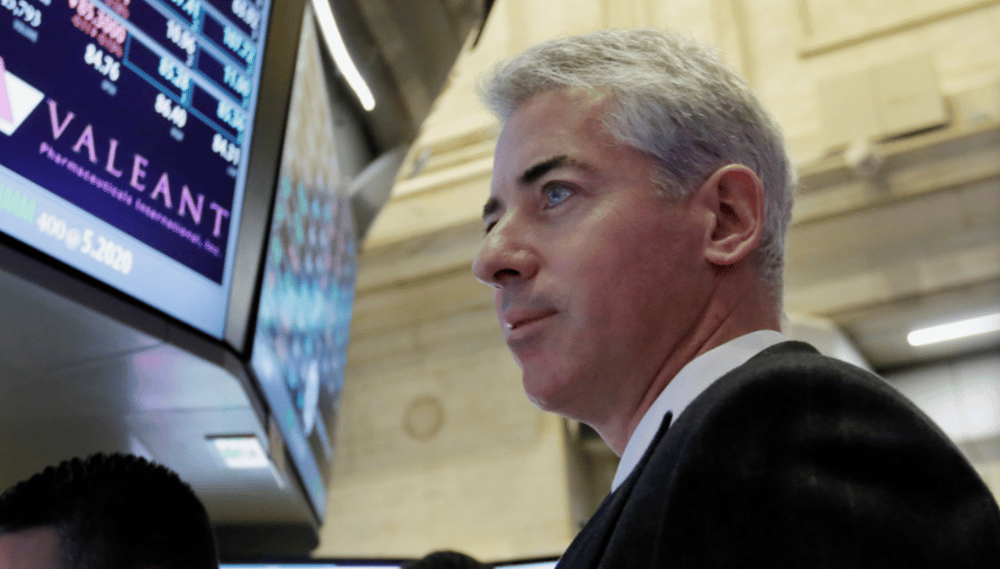
It's striking to see an alumnus like Ackman call out Harvard; perhaps it's time for a major reevaluation of how higher education funds are managed.
This sale has the potential to transform how automation integrates into new technologies.

In a recent statement that has sparked widespread attention, billionaire investor Bill Ackman sharply criticized Harvard University for what he called "administrative bloat" and poor investment practices. Ackman, who earned both his undergraduate and MBA degrees from the prestigious Ivy League school, argued that if the university continues to waste taxpayer dollars on administrative costs, it should not be entitled to further funding. This controversial statement came just hours after the Trump administration announced it would suspend future grants to Harvard, citing concerns over the institution's financial management.
Ackman’s remarks come in the wake of ongoing scrutiny of the financial health and investment strategies of some of the country's wealthiest educational institutions. With Harvard’s $53 billion endowment in the spotlight, his comments underscore a growing debate over how universities allocate resources, manage endowments, and spend taxpayer money.

Harvard University, with its massive endowment of $53 billion, has long been regarded as one of the wealthiest and most influential universities in the world. However, the school’s financial decisions have increasingly come under fire. Ackman’s recent comments reflect a broader concern about the financial practices of universities with large endowments.
Administrative Bloat: Ackman pointed out the growth in administrative positions at the university, which he believes contributes to unnecessary spending that diverts funds away from educational purposes.
Investment Strategy Concerns: The billionaire investor also criticized Harvard’s investment policy, claiming that its endowment is "poorly invested." He argued that with such a massive financial base, the university should be able to generate far better returns for its students, faculty, and educational initiatives.
Taxpayer Funding: Ackman’s call for a reevaluation of taxpayer funding to Harvard is rooted in the notion that public funds should not support inefficient practices. This has become a key issue in discussions about government grants to institutions with large endowments that could otherwise fund their own operations.
In an unexpected development, the Trump administration announced it would suspend future grants to Harvard, citing the school’s financial management practices. The suspension came after Ackman’s comments, adding political weight to the criticism of Harvard’s financial strategies.
Government Scrutiny: The decision reflects growing government scrutiny over how universities with large endowments allocate their resources. While many universities depend on public funding for research and development, there is increasing concern that some institutions are sitting on vast sums of money that could be used more efficiently.
Political Context: The move also occurs against a backdrop of political tension surrounding higher education funding and the allocation of taxpayer money. The Trump administration’s decision to cut off future grants could be seen as a push to encourage greater accountability and efficiency within the higher education sector.

At the heart of the criticism is a longstanding debate about how universities, particularly those in the Ivy League, use their endowment funds. While Harvard’s substantial endowment is meant to support academic programs, scholarships, and research, some critics argue that a significant portion of these funds is being funneled into administrative costs, which they believe is detrimental to the school’s educational mission.
Overemphasis on Administration: Critics, including Ackman, argue that Harvard’s increasing number of administrative staff is a sign of inefficiency. As institutions grow wealthier, they often expand their administrative bodies, but this expansion can divert resources away from the core educational functions of the university.
Ineffective Investment Strategy: With billions in its endowment, Harvard should be generating much higher returns, according to some financial analysts. Ackman’s claim that the fund is “poorly invested” reflects broader concerns that universities are not maximizing their financial potential, despite having ample resources.
Endowment Allocation: While Harvard’s endowment is meant to ensure the institution’s long-term financial stability, critics believe that more of this wealth should be reinvested into providing better educational opportunities, reducing tuition costs, and funding research.
Bill Ackman’s outspoken critique of Harvard University’s financial practices is part of a larger conversation about how universities manage their resources. While Harvard is often seen as a beacon of higher education, its financial strategies have drawn scrutiny from both private sector figures and government officials. The university’s response to these criticisms, along with the Trump administration’s decision to suspend funding, will likely have far-reaching implications for the future of university funding and accountability.
As the debate continues, the spotlight will remain on Harvard’s $53 billion endowment and how it is being managed. Will universities with large financial reserves change their strategies to align better with their educational missions, or will they continue to face criticism for their spending habits?